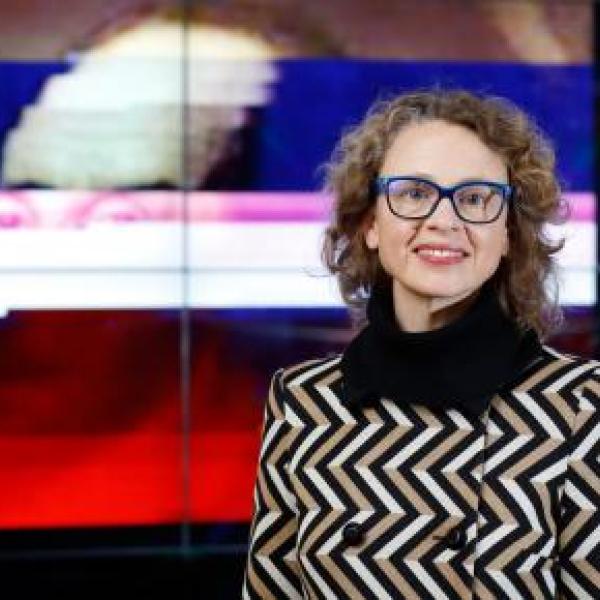My interests tend to cluster at the uneasy conjunction of performance and history. Broadly construed, as everyday concepts, the first of these is live, fleeting, insubstantial, and imitative while the second is dead, lasting, weighty, and real. When one category serves as the medium of the other, like when the past is resurrected in reenactment or the archive is made to house theatrical matter, basic beliefs regarding what is true or what counts as an action tend to unravel. In courses like “Fear of the Copy from Plato to Plagiarism” and “Toxic Theatre: How to Do Deadly Things without Really Doing Them,” I have explored the way history and performance compete for meaning across a variety of places and historical moments in conditions that range from the grandiose to the mundane.
In my research, I focus my wider interests in theatre theory and performance studies on early modern English theatre. My first book, Persecution, Plague and Fire: Fugitive Histories of the Stage in Early Modern England, started with the suspicion that if so much of what sustains the memory of the Shakespearean stage describes its dissolution, like the burning of the Globe, or the closure of the theatres in plague time, the reason is that dissolution is what the theatre was thought to deliver. One goal of that project was to demonstrate that the paucity and loss that limit the archive of early modern English performance are not a limiting condition of historical inquiry but evidence of the theatre’s epistemology at a moment of rich insight. Another was to show the many knowledge registers—theological, pathological, sexual, historiographical—that the theatre disrupted in its rise to cultural prominence.
I have two new book projects on the boil. One is on the early modern social imaginary that emerges from some curious, cryptoecological accounts of the way the audience looks from the standpoint of playwrights and players, including the “sea of wax” in Timon of Athens, the “groundlings” and their uncapabilities in Hamlet and The Gull’s Horn-book, and the “floating island” in The Roaring Girl. My aim is to show how being an audience was not just about paying attention to a play, it also meant being subsumed within new collective formations that were often at odds with inherited concepts of the self and society. My other project is on cultural heritage creation and Shakespeare’s absent remains. By looking at the empty spaces that cordon off Shakespearean space, from mulberrywood boxes to a trunk of forged letters to Library reading rooms and Staffordshire figurines, I track an alternative history of authorial content.
In this last project especially I have become interested in the sensible and semantic values that digital and computational analyses can detect in my objects of study. I spent my last year at Indiana University directing the Institute for Digital Arts and Humanities, and my teaching often includes digital practices and criticism. I participated in the NEH-Folger Shakespeare Library’s 2013 Workshop, “Early Modern Digital Agendas” and at Chicago I am collaborating on a digital variorum Hamlet.

